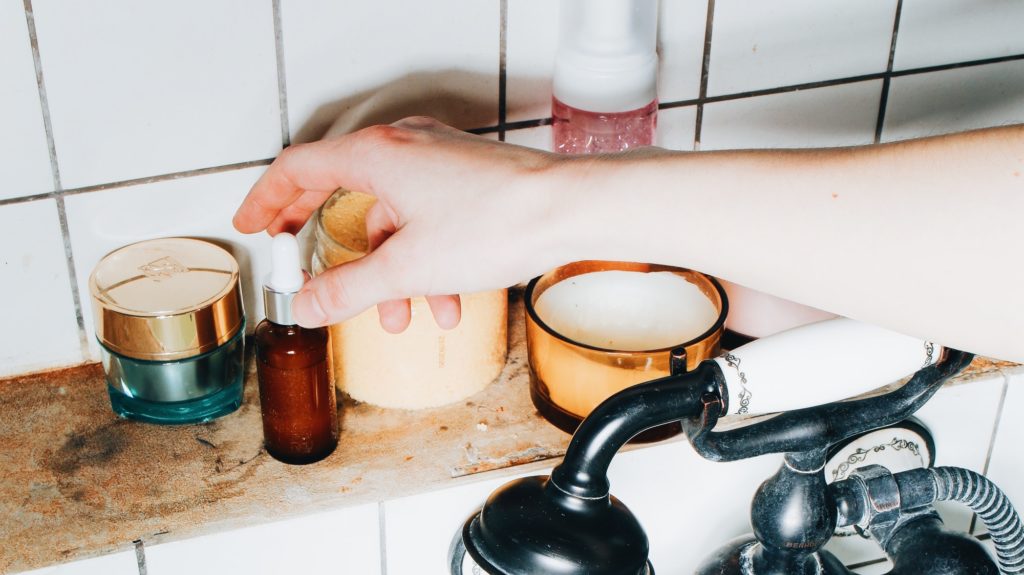Virginia will become the fourth U.S. state to completely ban animal-tested cosmetics.
Governor Ralph Northam just signed new bills into law that aim to ban both continued animal testing for cosmetics and all sales of existing animal-tested beauty products.
Senator Jennifer Boysko and Delegate Kaye Kory first introduced the bills, which will prohibit the sale of any cosmetic product that has been tested on animals after January 1, 2022.
In 2018, California became the first U.S. state to prohibit animal-tested cosmetic sales, shortly followed by Nevada and Illinois the following year. New Jersey, Maryland, New York, Rhode Island, Oregon, and Hawaii are also considering similar restrictions.
Sara Amundson, the president of the Humane Society Legislative Fund, praised the decision in a blog post on the Humane Society of the U.S. (HSUS) website.
“This fantastic news illustrates a growing momentum in efforts to end unnecessary testing on animals in the United States and around the world for products like shampoos, mascara and lipstick,” writes Amundson.
“Consumers are scanning labels and demanding products free of animal testing, cosmetics companies are listening to them and changing their practices, and lawmakers are solidifying these changes into permanent policy,” she continues.
Back in 2018, Virginia also passed Bill HB 1097, which significantly reduced the number of animals being tested on. Instead, the state required companies to utilize the many alternative methods for testing products without using animals, where possible.

Is cosmetics animal testing necessary?
While the U.S. Food and Drug Administration (FDA) does not currently require animal testing, it does allow companies to prove product safety however they deem necessary — including via animal testing.
But according to Cruelty Free International, a leading animal advocacy and certification nonprofit, technological innovations are making cosmetics animal testing obsolete.
Because of the fundamental differences between humans and other animals, many critics of animal testing highlight its relative ineffectiveness. Additionally, there are many non-animal tests currently available, and countless existing ingredients with a history of safe use.
Non-animal testing frequently proves more accurate than traditional animal-based methods, and in many instances can also be faster and more cost-effective.
“Cosmetics animal testing is simply not needed to ensure the safety of cosmetics for human use,” says Amundson. “In case of new ingredients many non-animal test methods have been, and continue to be, developed that are as effective — or even more effective than — animal tests have been.”
Could this be the end of cosmetic animal testing?
Over 40 countries around the world have already banned or restricted animal testing for cosmetic ingredients, including the EU’s 28 member states Norway, Israel, and India. And from May 1st 2021, China will no longer require animal testing on imported products.
As shown in Virginia, the U.S. is also steadily moving away from cosmetics testing. A 2019 poll by Cruelty Free International revealed that 79 percent of Americans supported a nationwide ban on cosmetics animal testing.
The organization also noted participants from across the political spectrum felt strongly about the issue, regardless of party affiliation.
Even large names such as Unilever-owned Garnier — recently certified as cruelty-free — Estée Lauder, Avon, and all 19 Procter & Gamble brands are ditching animal testing, with the latter pledging to end all global cosmetic testing by 2023 as part of HSI’s #BeCrueltyFree campaign.
“We thank Gov. Northam for signing this bill into law,” wrote Amundson. “We now urge other states to follow suit by working swiftly to end cosmetics animal testing and sales of animal-tested cosmetics on their soil at the earliest.”


